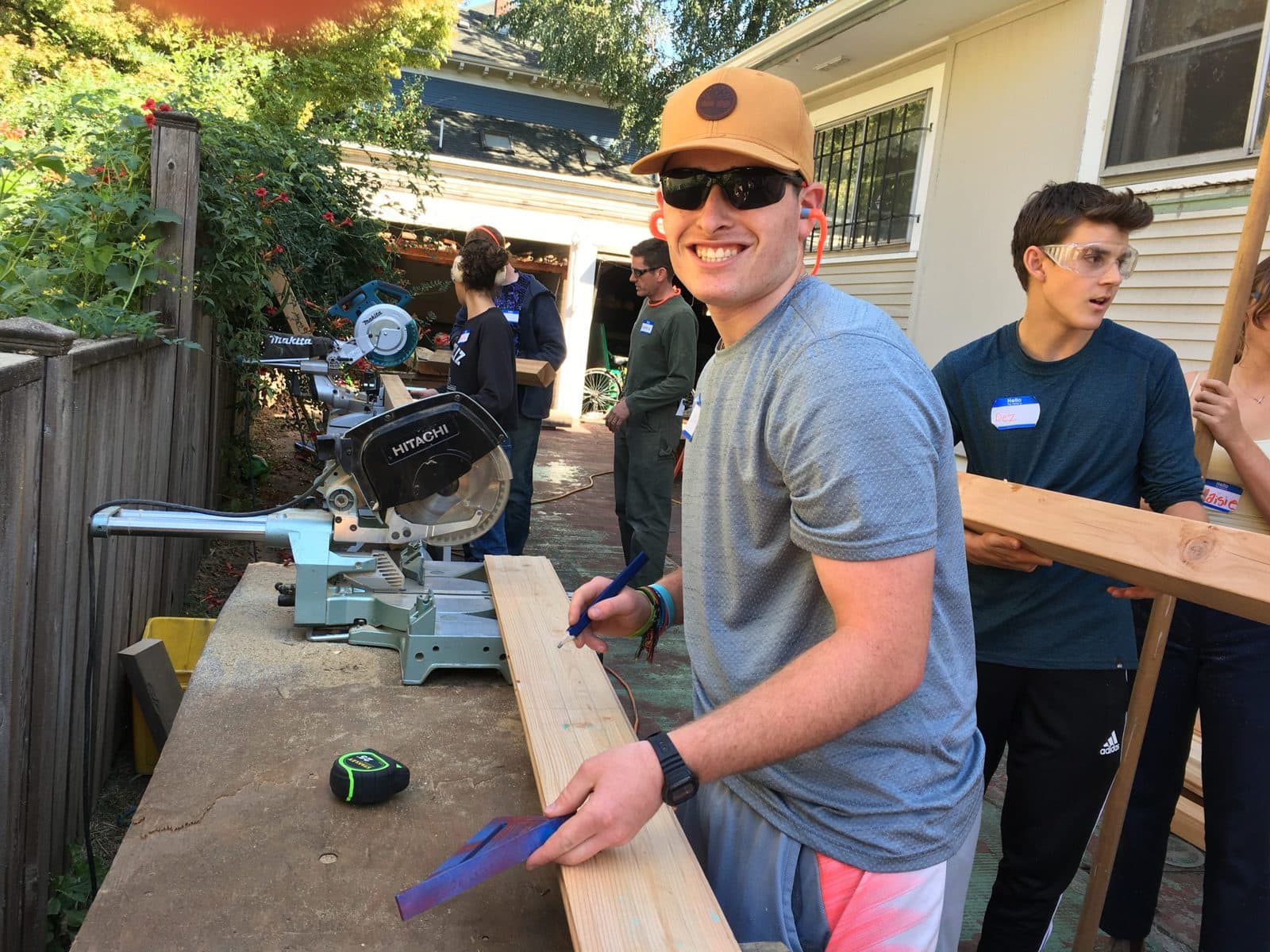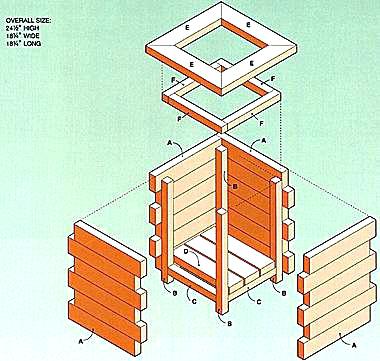As I sit and ponder what to write about, I find I always come back to the same topic… airplanes. Don’t fret– I will not bore you with information about planes such as the function of winglets, or what reverse thrusters are, or why the fly-by-wire system is a true gift to airline companies in terms of economics. I will tell you, however, that as simple as the design of an airplane is, the function of each individual part is, in fact, very complex. The idea of something simple being complex is one that I have been experiencing during my time at Tivnu.

The author at construction training during the beginning of his year at Tivnu!
My name is Josh, and I am from Chicago, Illinois (Go Cubs!) I will be attending Purdue University and studying Professional Flight Technology next year to become a commercial airline pilot. Yes, I was that annoying kid at airports, always breathing on the window at the gate with an astonished look as each plane passed by.
As a Tivnu participant who helps build tiny homes 3 times a week, I know firsthand that the most simple idea in theory, such as a wood box, is much more complex than one might first think. It was when I was helping build wood boxes with some visitors from the San Diego Jewish Academy that I realized the complexity of each item I was using. Whether it be the dimensions of the wood, the type of drill bit I was using to screw in each piece, or how each inch of wood served a purpose different than the inch next to it, every material that I was using served a very specific purpose, one different than its counterpart. It was in this moment I realized that the simple idea of a wood box is so much more complex when broken down into each individual component.

Tivnu participants built boxes like this one with visitors from the San Diego Jewish Academy in November.
As outrageous as this may sound, it is not much different in concept from living in the Tivnu community. In the Tivnu community, we rely on each other to be responsible in doing our Toranut jobs (chores) as well as to be respectful members of a household. Just as I rely on my housemates, a wood box relies upon all the components that make it up, because if one screw is off, or one piece of wood is too short, the box cannot be complete. Similarly, if one person is not holding up their share of their responsibilities, the Tivnu community won’t be the same.
Another example of the complexity of simplicity that I find myself appreciating now more than ever is the idea of being a part of a community of people. Living with other people from all over the country who have varying interests and hobbies means each participant brings a unique personality to the group. As cheesy as this may sound, I find myself imagining each person as a puzzle piece: you cannot complete the puzzle unless you have all the puzzle pieces. Tivnu would not be a community unless we had each person on the program, as they are a unique piece of a puzzle which serves a specific role in its completion.
What may be simple in concept is complex when you dive deeper into the purpose of each individual part of a system. Similar to how an airplane won’t fly if it doesn’t have wings, or how a wood box won’t be a box unless you have the wood, or a puzzle won’t be a puzzle unless you have the pieces, a community such as Tivnu won’t be a community unless each participant is responsible in being a devoted member. This is why the most simple things are in fact not so simple, and this is why having a community is so complex.
Written by Josh Grobart, Tivnu Gap Year Participant 2018-2019. Josh interns at Free Geek, Community Warehouse, and Tivnu Construction.
Follow Us
Sign Up For Updates
Taking a gap year in the US can be as meaningful as doing one abroad.
 Featured in The New York Times
Featured in The New York Times